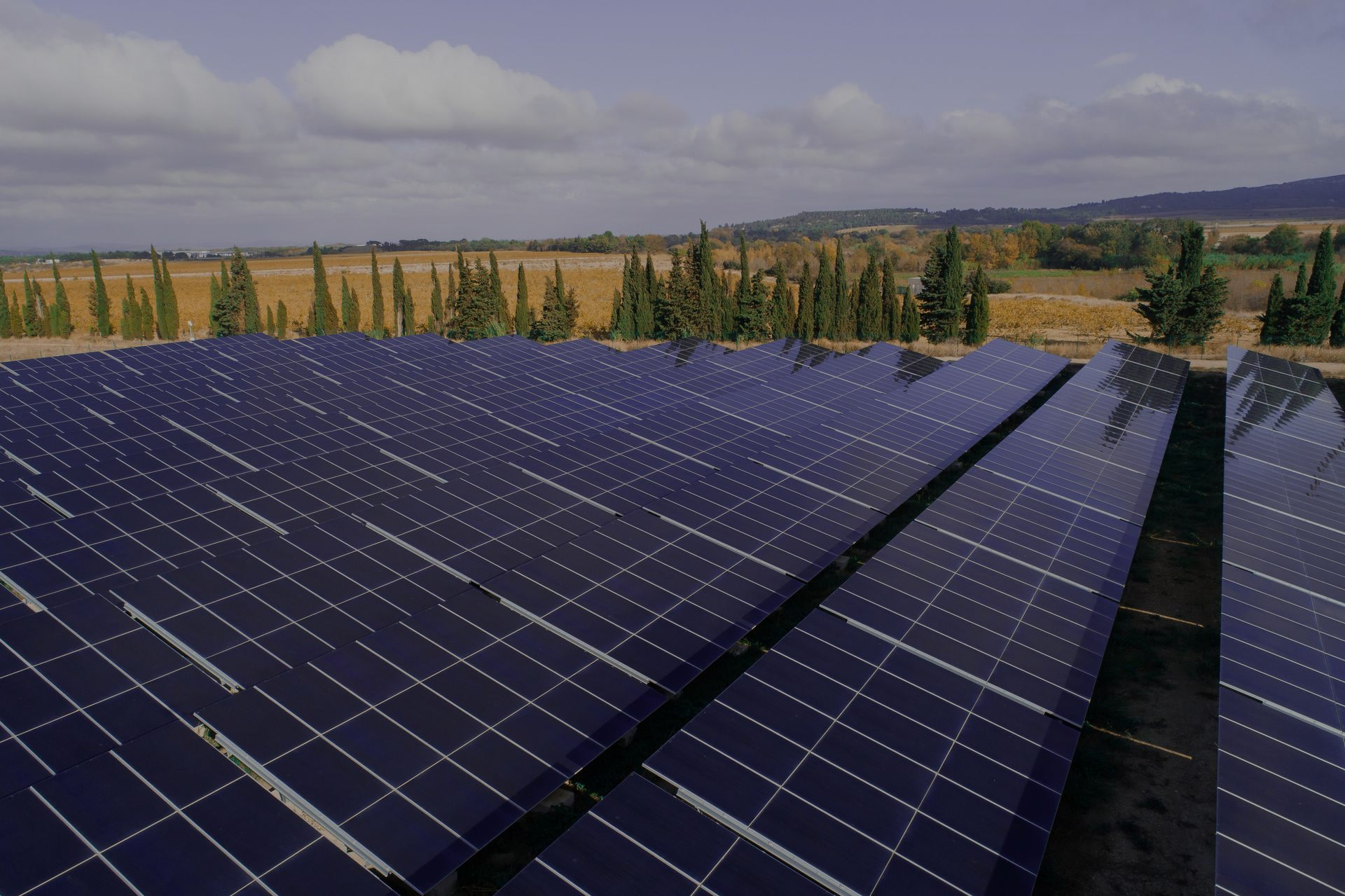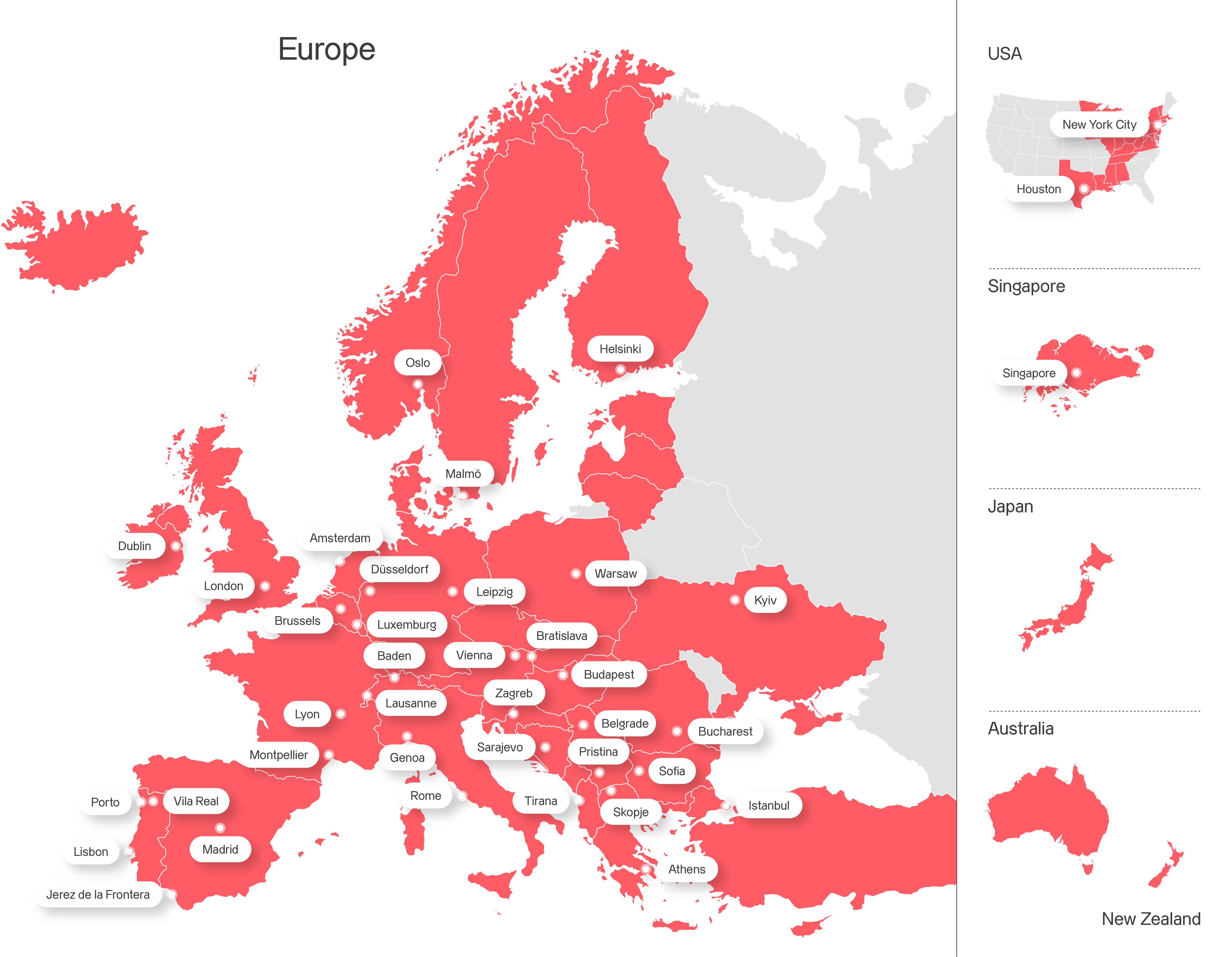

Axpo in Croatia Shaping a climate-friendly future
About Us
Axpo Trgovina d.o.o. is an electricity and natural gas sales and supply company active in the Croatian market and 100% owned by Axpo Solutions AG. Our portfolio consists of wholesale power and gas market participants, full supply customers, and renewable energy generation facilities that cooperate with Axpo Trgovina through PPAs, market access and balancing products. Our team would be glad to hear from you.
Powering the future with global expertise and innovation
Employees
Years of experience
Countries
Energy Solutions
Axpo is driven by a single purpose – to enable a sustainable future by providing innovative energy solutions. Axpo is Switzerland's largest power producer and an international leader in energy trading and the marketing of solar and wind power. Axpo combines the experience and expertise of more than 7,000 employees who are driven by a passion for innovation, collaboration and impactful change. Using cutting-edge technologies, Axpo innovates to meet the evolving needs of its customers in over 30 countries across Europe, North America and Asia.
For any origination related requests, please contact filip.bozic@axpo.com
Get in touch with us
We appreciate your interest in Axpo and are here to help. Please complete the contact form and our team will respond promptly to your inquiry.
Jobs & Careers
-
Diverse career opportunities
Axpo offers more than 150 different employment profiles, providing a wide range of career paths for professionals, students, graduates, and apprentices.
-
Commitment to sustainability
Axpo employees contribute to building a sustainable future through innovative and climate-friendly energy solutions.
-
Focus on innovation
Axpo prioritises the rapid testing and validation of innovative projects, fostering a culture of progress and collaboration in the global energy sector.
Laws & Regulations
Stay informed about the legal frameworks and policies that shape our business operations. Visit our Laws and Regulations page to learn more about the standards we adhere to and our commitment to compliance and transparency.




